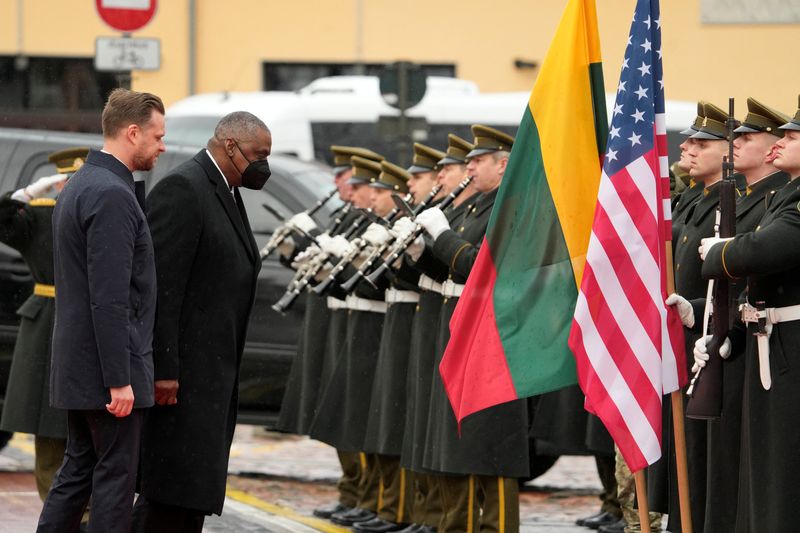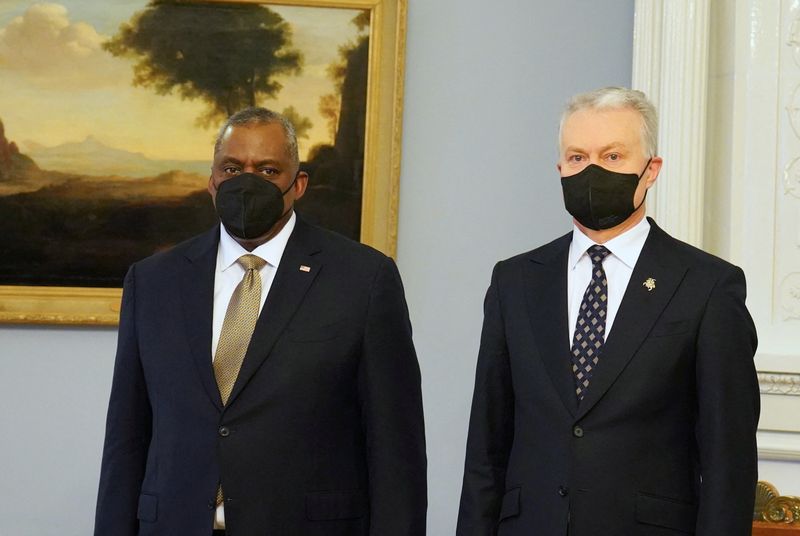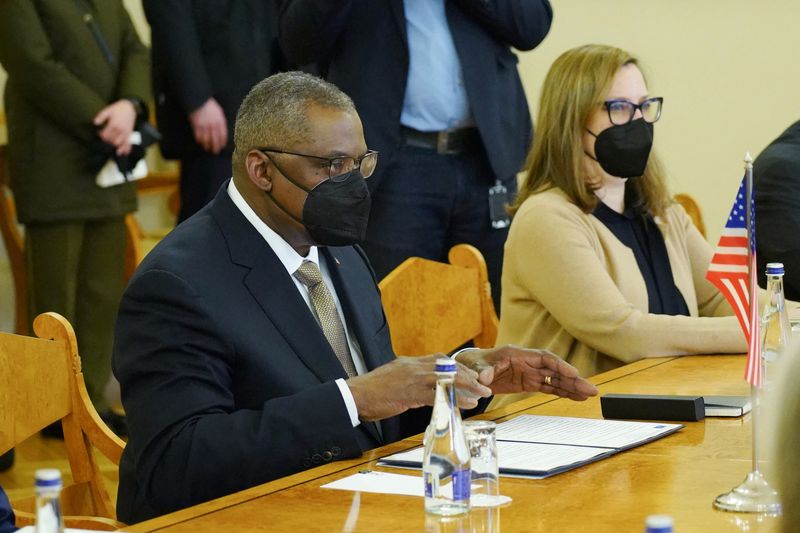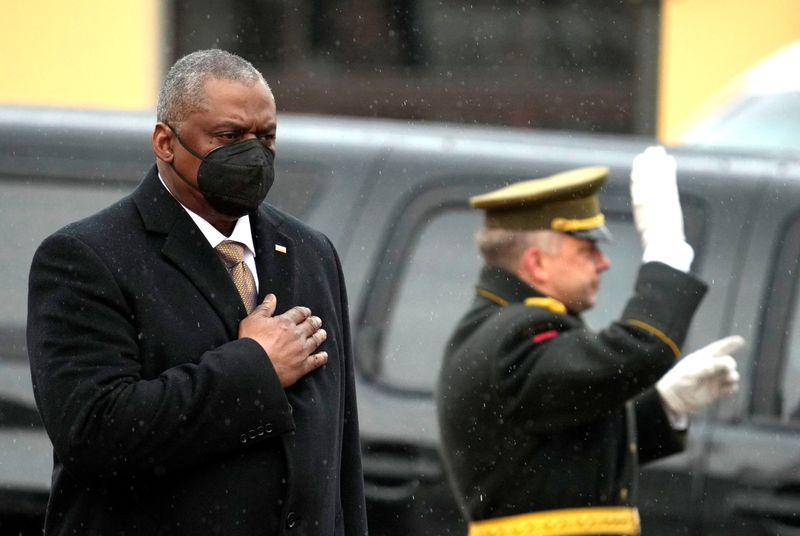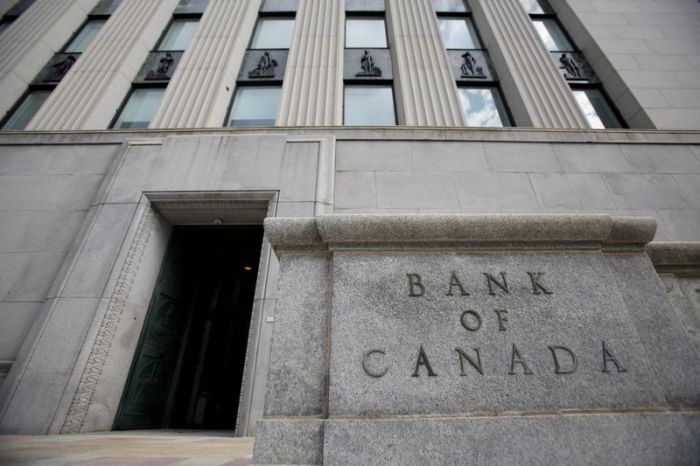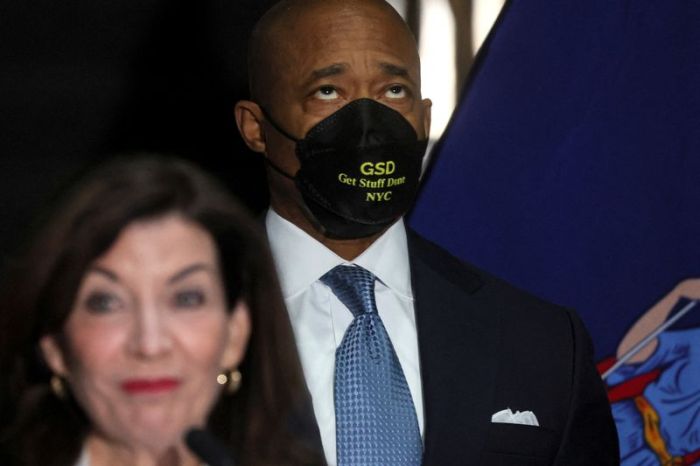VILNIUS (Reuters) -U.S. Defense Secretary Lloyd Austin on Saturday appeared to compare Russsia’s military to a snake that was uncoiling and preparing to strike Ukraine after a massive military buildup that has stoked the biggest East-West crisis since the Cold War.
Austin, speaking on a trip to Lithuania, said he agreed with President Joe Biden’s Friday assessment that Russian President Vladimir Putin has made a decision to stage a new invasion of Ukraine.
“They are uncoiling and are now poised to strike,” Austin told a news conference in the Lithuanian capital, Vilnius, ahead of talks with increasingly anxious Baltic leaders.
Austin, a retired Army general, warned Moscow could move on Ukraine at any time and he listed the kinds of military capabilities that Russia has massed and repositioned near Ukraine.
“Having done this before, I can tell you that that’s exactly what you need to to attack and the and the stance that you need to be in to attack,” Austin said.
Moscow, which has massed tens of thousands of troops near the border with Ukraine and is pressing security demands on the United States and NATO, has denied it has plans to invade its neighbour.
Lithuanian Foreign Minister Gabrielius Landsbergis said he was concerned that if the Kremlin was willing to take Ukraine, Moscow would next target the Baltic states and Poland.
“The battle for Ukraine is a battle for Europe. If he’s not stopped there, he will go further,” Landsbergis said, calling for military strategy in the region to shift from trying to dissuade Russia from attack to preparing to defend against one.
Austin vowed Washington would stand with its Baltic allies but declined to be drawn on whether he would answer Lithuanian calls for additional troops.
“I want everyone in Lithuania, Estonia, and Latvia to know — and I want President (Vladimir) Putin in the Kremlin to know — that the United States stands with our allies,” Austin told a news conference in Vilnius, after talks with Lithuanian leaders.
Lithuanian President Gitanas Nauseda said in a statement after meeting Austin: “It is critically important to strengthen the (Baltic states) regional security with additional troops from the United States and quicken cooperation in military procurement.”
Since 2019 the United States has deployed rotating groups of about 500 troops and equipment in Lithuania, and in his statement Nauseda called on Washington to make this a permament deployment.
Estonia’s defence minister, Kalle Laanet, who also met Austin in Vilnius, said he had asked the United States to send fighter jets to the Baltic states to defend their skies.
The three Baltic States of Lithuania, Latvia and Estonia were once ruled from Moscow but are now part of NATO and the European Union. They do not operate their own fighter aircraft.
NATO allies have kept several jets in the region on a rotating air policing mission since 2004.
PRESSURE FROM RUSSIA
Austin piled praise on Lithuania for standing up to pressure from Russia, whose military build-up has included sending tens of thousands of troops to Belarus – neighbouring Lithuania – for joint exercises that are due to end on Sunday.
Lithuanian Prime Minister Ingrida Simonyte said her country believes the Russian troops in Belarus may stay there for an extended period.
“We can say with large certainty that we will not see the (Russian) troops withdrawn quickly, if at all,” she told reporters.
Belarus’ President Alexander Lukashenko met Putin on Friday, saying beforehand the soldiers could stay as long as needed.
Simonyte said that if Russian troops stay, this could put pressure on the Baltics’ only overland connection to the rest of the European Union, a narrow strip of land between Belarus and Russia’s Kaliningrad enclave known as the Suwalki corridor.
(Reporting by Andrius Sytas and Phil StewartEditing by Terje Solsvik and Frances Kerry)

